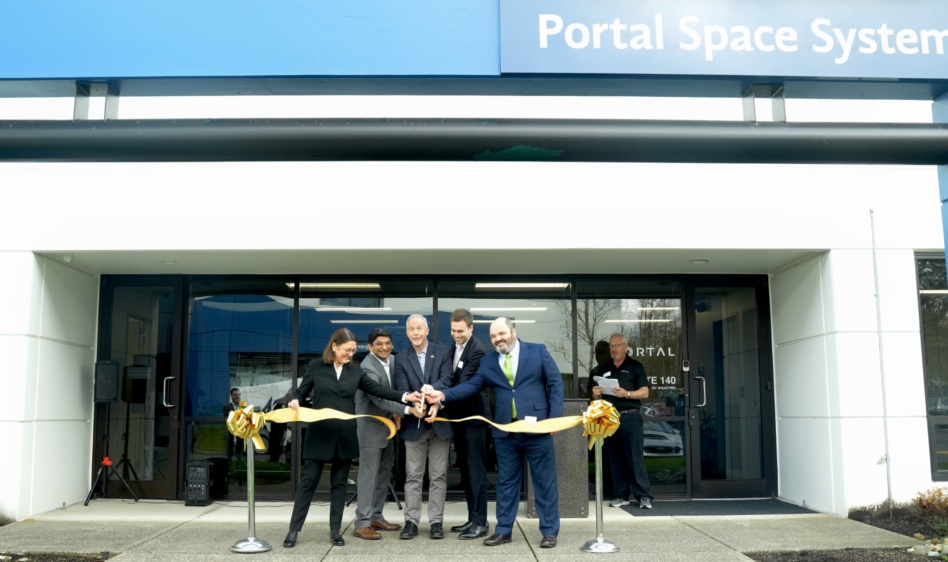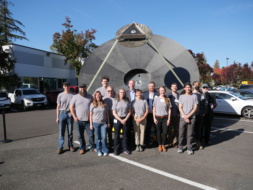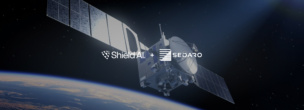In one of the largest seed investment rounds by a space startup in the past decade, Portal Space Systems raised $17.5M to support the development and demonstration of its debut Supernova spacecraft.
AlleyCorp led the round, which included additional participation from Mach33, FUSE, First In, TFX, Offline Ventures, and Atypical.
Champagne Supernova: Portal has had a busy few years since its founding in 2021.
- The company printed the first of its proprietary thermal propulsion systems, which delivers the performance of nuclear propulsion without a fission reactor.
- It opened an 8,000 sq ft HQ and propulsion testing facility 30 minutes outside of Seattle, WA.
- Portal also hired a number of space industry veterans with experience at Project Kuiper, Starlink, SpaceX, ULA, Amazon, Stratolaunch, and the NATO Allied Command Transformation.
As a result, the company and its investors have high expectations that Supernova will outperform nearly everything else on the market.
“[Supernova] will improve maneuverability in space by over an order of magnitude, while also significantly extending operational lifespans by enabling a more sustained presence in space,” Brannon Jones, an AlleyCorp investor and former SpaceX engineer, said in a statement.
- Supernova is a transorbital spacecraft that aims to travel from LEO to MEO in minutes, LEO to GEO in hours, and LEO to cislunar space in days.
- The dynamic capabilities of the spacecraft, and compatibility with a range of launch providers, give future clients a single platform to perform a range of scientific, defense and commercial missions.
- Supernova has a radiation tolerance of up to 5 years in orbit.
What’s next: Portal plans to use the seed round to scale production and accelerate Supernova’s development in time for a mid-2026 maiden launch date.




